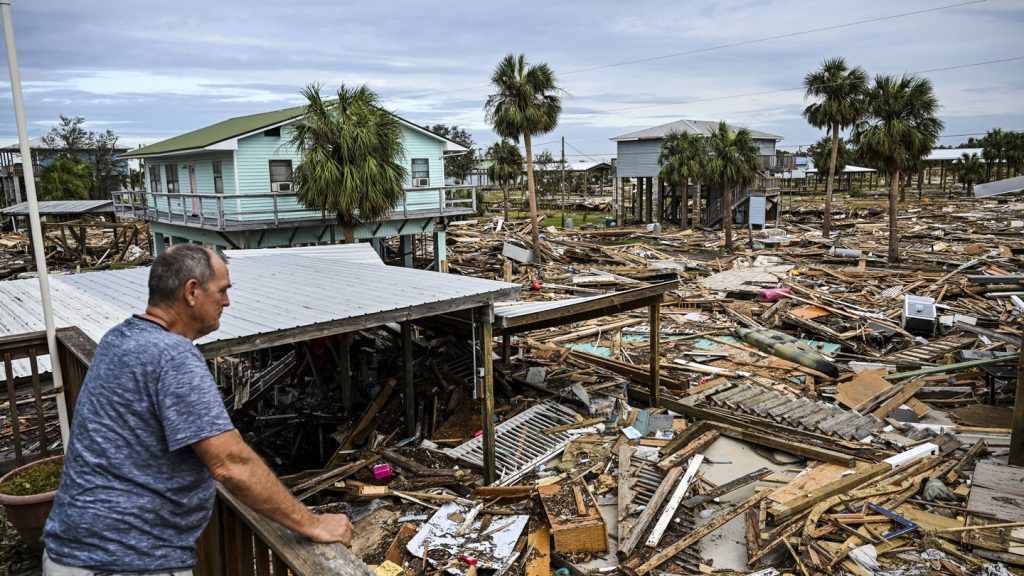Hurricanes like Helene have the potential to cause indirect deaths that extend beyond the immediate impact of the storm itself. The stress and trauma experienced by individuals during and after a hurricane can have long-term effects on their physical and mental health, leading to increased mortality rates in the years following the event. Additionally, the disruption and destruction of infrastructure can have a lasting impact on communities, making it more difficult for them to access vital resources and medical care.
Pollution is another factor that can contribute to tropical cyclone fatalities in the aftermath of a hurricane like Helene. Floodwaters can become contaminated with hazardous chemicals and pollutants, posing health risks to those who come into contact with them. This can lead to an increase in respiratory illnesses, infections, and other health issues that may ultimately result in deaths, particularly in vulnerable populations such as children, the elderly, and individuals with pre-existing health conditions.
Loss of infrastructure is another significant risk factor for tropical cyclone fatalities. Hurricanes like Helene can cause widespread devastation, destroying homes, roads, and utilities in their path. This can hinder access to emergency services, medical care, and other essential resources, increasing the likelihood of deaths due to delayed or inadequate treatment. The loss of infrastructure can also lead to food and water shortages, further exacerbating health risks in affected communities.
In addition to stress, pollution, and loss of infrastructure, hurricanes like Helene can also exacerbate socio-economic disparities and inequalities, leading to higher mortality rates in marginalized populations. Low-income communities, communities of color, and individuals with limited access to healthcare and resources are often disproportionately impacted by natural disasters, facing greater challenges in recovering and rebuilding in the aftermath of a hurricane. These disparities can contribute to higher rates of mortality in vulnerable populations, highlighting the importance of addressing systemic issues and promoting equity in disaster response and recovery efforts.
In order to mitigate the indirect risks associated with hurricanes like Helene, it is important to prioritize disaster preparedness, resilience, and community support. Proactive measures such as early warning systems, evacuation plans, and disaster response training can help reduce the impact of tropical cyclones and improve the ability of communities to withstand and recover from these events. Additionally, investing in clean and sustainable infrastructure, health care services, and social support systems can help to address the underlying factors that contribute to tropical cyclone fatalities and improve overall community well-being.
Ultimately, addressing the indirect risks of hurricanes like Helene requires a comprehensive and multi-faceted approach that encompasses not only emergency response and recovery efforts, but also long-term planning, investment, and community engagement. By prioritizing resilience, equity, and sustainable development, we can work towards reducing the long-term impacts of tropical cyclones and ensuring the health and safety of all individuals in the face of natural disasters.


